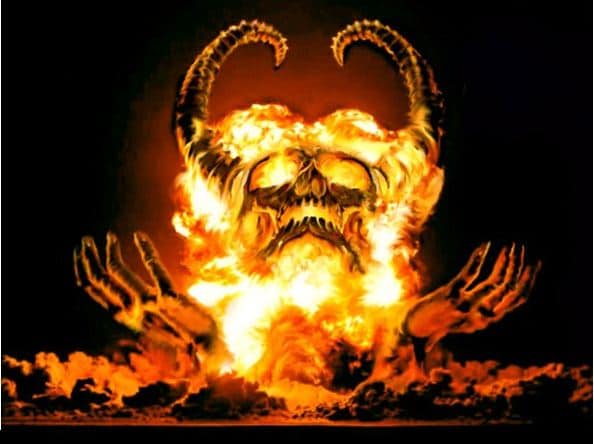Predictions for the end of the world on the 21st of December 2012 are to a historian really unlikely.
We base our predictions on the past and what is likely to happen again. Looking at the current news and the red line policy for the middle east, shows similarities with the twelfth and thirteenth centuries. Conflict between religions and western countries imposing rules on lands far away from their homes and a build up of military forces are reminiscent of the Crusades.
Could this lead to Armageddon?
Armageddon, was after all, a place in the Middle East. In the past centuries arms were sword and lance, today we see bombs and rockets.
If the end of the world were to occur, it would almost certainly be, as the Bible foretold, in the Middle East. Do we think this could coincide with predictions for 21st December 2012?
Well, if Iran continues its build up of nuclear weapons and Israel continues to increase its nuclear arsenal, then a conflict could happen.
Will the west join a conflict? This is unlikely, given the financial state of the world…it would be a disaster of biblical proportions, but hopefully would remain central to the main combatants. Asia holds the key to who will take sides, and as long as they remain on the side lines, then I predict the end of the world will not be this year.
by Professor P.T. Brown


